In Episode 153 of the PricePlow Podcast, we're joined by Danielle Citrolo, Vice President of Scientific and Regulatory Affairs at Kyowa Hakko USA, to discuss exciting new research on Cognizin Citicoline.
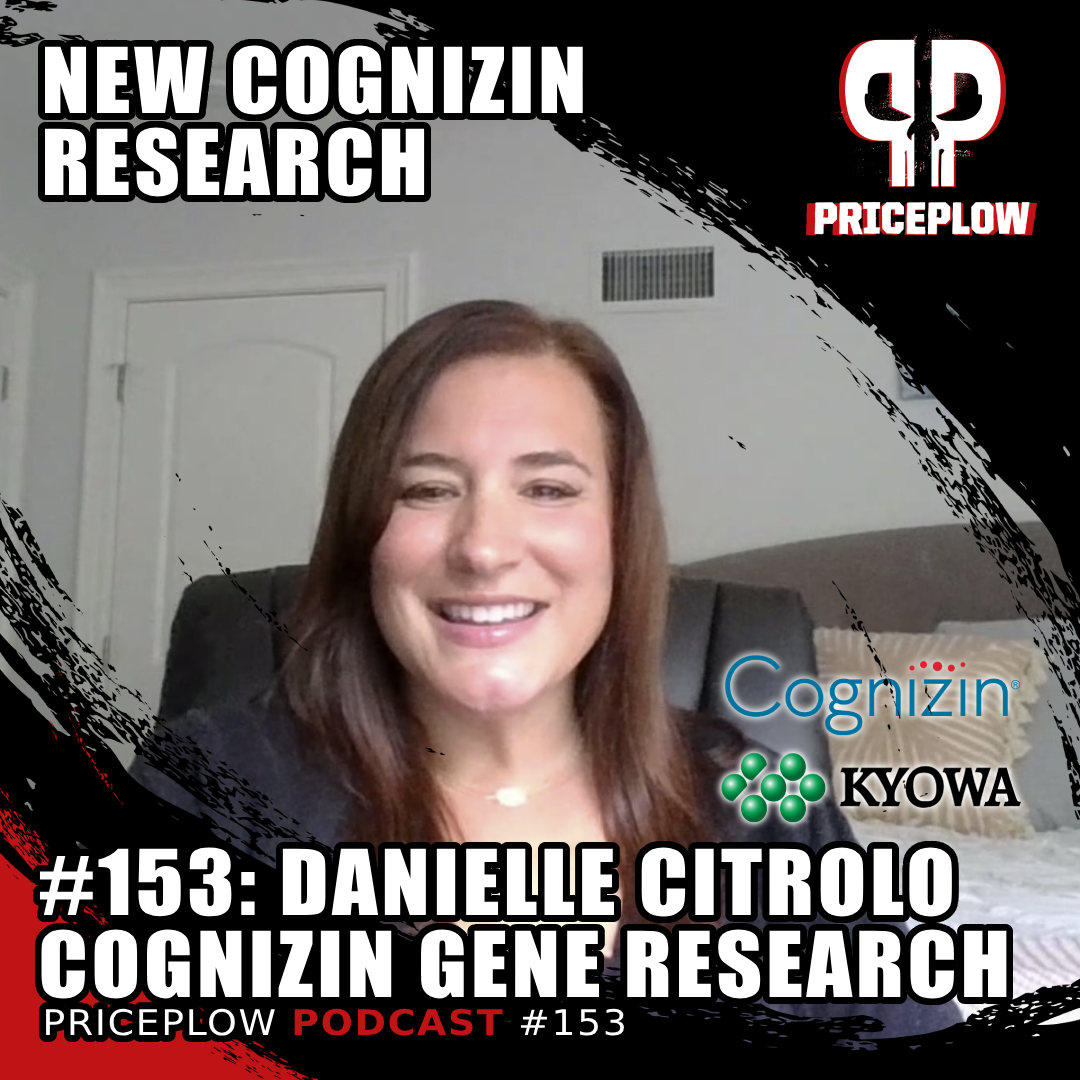
Danielle Citrolo of Kyowa Hakko USA joins PricePlow Podcast Episode #153 and discusses groundbreaking new gene research on Cognizin Citicoline and its potential for supporting brain health and cognitive function.
Cognizin, an industry-leading nootropic ingredient known for its benefits in brain health, has long been praised for its ability to support focus, memory, and attention. In this episode, Danielle dives deep into the latest findings, highlighting the cutting-edge science behind how Cognizin impacts gene expression at the cellular level, offering fresh insights into how it supports cognitive function.
Analyzing Cognizin Citicoline at the Genetic Level
Danielle explains how recent studies using a sophisticated triculture model of brain cells revealed new mechanisms of action for citicoline. By examining gene expression and neuronal activity, researchers were able to uncover how Cognizin affects brain structure and function, from enhancing neuronal communication to promoting healthy cholesterol synthesis in the brain. These discoveries take the understanding of Cognizin's benefits to the next level, offering a deeper look at how this powerful nootropic works beyond just boosting focus and attention.
Throughout the episode, Danielle also touches on the broader implications of this research, particularly in the areas of mitochondrial health and neuroprotection. With ongoing studies into its potential benefits for women's cognitive health, sleep quality, and mood regulation, Cognizin continues to lead the way in the nootropic industry. Whether you're a biohacker, a health enthusiast, or simply curious about the latest advancements in brain health, this episode is packed with exciting discoveries.
Listen to the discussion on the podcast app of choice, but this one's probably best to watch on YouTube in the video embedded below, since Danielle shares a presentation with us:
Subscribe to the PricePlow Podcast on Your Favorite Service (RSS)
https://blog.priceplow.com/podcast/danielle-citrolo-cognizin-genetic-research-153
Video: Daneille Citrolo of Kyowa Hakko Talks Cognizin Gene Research
Podcast: Play in new window | Download (Duration: 38:39 — 35.4MB)
-
00:00 – Introduction to Danielle
On Episode #153 of the PricePlow, our guest is Danielle Citrolo, Vice President of Scientific and Regulatory Affairs at Kyowa Hakko USA, manufacturers of Cognizin Citicoline. She introduces herself and provides an overview of Cognizin, highlighting its benefits for focus, attention, memory, and overall brain support.
Cognizin® Citicoline is dubbed the The Brain Choline not just because it provides choline, but because it also supplies cytidine, which is also needed for the synthesis of phosphatidylcholine
Danielle emphasizes that Cognizin stands out in the nootropic market due to its ability to support brain structure and function while offering immediate cognitive benefits. Mike and Ben recall an early experience with the ingredient in 2013, praising its "experiential" impact. She also mentions ongoing research into Cognizin, with more scientific studies in progress to further explore its benefits.
-
02:15 – Exploring the New Study on Cognizin
Danielle discusses the latest study on Cognizin Citicoline, focusing on how it impacts gene expression. She explains that the research examines how citicoline affects mRNA, which in turn regulates proteins, enzymes, and metabolic pathways, revealing the body's cellular response.
This cutting-edge research, using a triculture model to simulate brain tissue, sheds light on the exact mechanisms behind Cognizin's benefits, such as improved focus, attention, and brain health. While previous studies showed cognitive benefits, this new study delves into the genetic and neuronal network level, providing deeper insight into how the supplement works.
-
07:15 – Understanding Metabolomics and Cognizin
See PricePlow's ISSN 2024 Conference Recap, Powered by Cognizin® Citicoline
Danielle delves into the rationale behind conducting metabolomics research on Cognizin Citicoline. She explains that previous studies have shown how citicoline enhances phospholipids for brain cell health, increases acetylcholine and dopamine for focus and attention, and improves mitochondrial function by boosting ATP levels in the brain. The new study aims to understand the underlying mechanisms at a cellular level using transcriptomics, which measures mRNA expression to reveal how DNA is translated into biological action.
To achieve this, researchers used pluripotent stem cells differentiated into three types of brain cells—neurons, microglia, and astrocytes—to simulate brain tissue. The study measured neuronal excitatory activity and used mRNA sequencing to examine the effects of citicoline. Danielle also explains the significance of the three cell types in brain function and neuroprotection, providing deeper insight into how Cognizin supports brain health.
-
12:15 – The Triculture Model Explained
Danielle explains the two-part study using triculture cells to simulate brain tissue and explore the effects of citicoline (Cognizin). The first part involved electrophysiology testing to measure how citicoline, along with choline and citidine, excites neurons compared to a placebo. Results showed that citicoline and choline significantly outperformed the placebo in neuron excitement and network activity.
The second part involved mRNA sequencing to identify how gene expression was altered by citicoline, choline, and citidine, compared to a positive control (donepezil) and a saline solution. This analysis helped pinpoint the molecular pathways and potential health benefits of citicoline. Danielle highlights the importance of this research in uncovering new mechanisms behind citicoline's cognitive benefits and mentions a collaboration with Thorne HealthTech for this study.
-
18:00 – Gene Expression and Cognizin's Impact
Danielle discusses advanced findings from the study on Cognizin by analyzing gene expression through "volcano plots." She explains that citicoline significantly impacted 749 genes, differentiating it from placebo, with many of the upregulated genes linked to brain function and structure, particularly within the central nervous system (CNS). She highlights a specific gene, NCS1, involved in memory and learning, which was downregulated by citicoline, similarly to the drug donepezil, commonly used in Alzheimer's patients. However, NCS1 is often upregulated in diseases like schizophrenia and bipolar disorder, though its clinical relevance remains unclear.
Only citicoline (Cognizin) is able to promote both acetylcholine and the three brain cell membranes, phosphatidylcholine, phosphatidylethanolamine, and phosphatidylserine!
She emphasizes that while the study provides insights into how citicoline supports brain health, further analysis is required to determine the practical implications of these findings. She notes that this research, presented at a prestigious conference, represents cutting-edge metabolomics, going beyond typical studies to understand not just if but how citicoline works at the cellular level.
-
23:45 – Future Research Directions and Applications
Danielle discusses the molecular pathways upregulated and downregulated by citicoline (Cognizin) and their implications for brain health. Citicoline enhances cholesterol synthesis, neuron communication (synapses), and neuronal development, all crucial for maintaining brain function. She explains that clearing excess cholesterol from the brain, which can build up as neurons die, is vital for preventing neurotoxicity and promoting blood flow. Additionally, citicoline downregulates alpha-beta secretion, which is linked to amyloid plaques associated with Alzheimer's disease.
Although the exact role of these plaques is debated, reducing alpha-beta secretion is seen as a positive outcome. The study also highlights the influence of citicoline on mitochondrial function, potentially enhancing the production of ATP (the cell's energy currency).
-
28:15 – Potential in Women's Health and Cognitive Function
Danielle explores the potential benefits of Cognizin on mitochondrial health and its relevance to brain function and women's health. She notes that mitochondria play a crucial role in various dysfunctions, particularly in brain health, and there is growing interest in understanding how citicoline can support mitochondrial function. The conversation touches on the need for further research to understand citicoline's impact on cholesterol metabolism, neuron health, and its ability to prevent neuronal death, which is vital as we age. Citrolo also discusses preliminary findings indicating that citicoline may help reduce neurotoxic amyloid plaques and influence genetic pathways related to mitochondria.
She mentions ongoing studies into how hormonal changes, especially during menopause, might affect brain function and how citicoline could mitigate those effects. Additionally, a study in middle-aged women showed positive results for focus and attention, with participants reporting a desire to continue using the supplement. Citrolo hints at future research exploring citicoline's broader potential in women's health and sleep quality.
-
36:30 – Conclusion and Future Studies
Danielle discusses the stimulating nature of Cognizin and its potential impact on sleep, noting that while it's not a sedative, it may improve sleep quality without causing drowsiness. The hosts also speculate on Cognizin's role in vivid dreaming, as high doses of choline have been linked to lucid dreaming experiences.
She shares insights into ongoing research at Kyowa USA, including a motor speed study and a mood study to explore acute effects on mood. She highlights their commitment to patenting benefits based on human research to differentiate themselves in the marketplace. The conversation ends with the team expressing excitement about the future direction of Cognizin's research and its expanding applications.
Where to Find Danielle and Kyowa Hakko USA
- Sign up for PricePlow's Kyowa Hakko news alerts
- Danielle Citrolo on LinkedIn
- Kyowa Hakko USA on LinkedIn
Thanks for joining us, Daneille! Please subscribe to the PricePlow Podcast on any platform and leave us reviews!
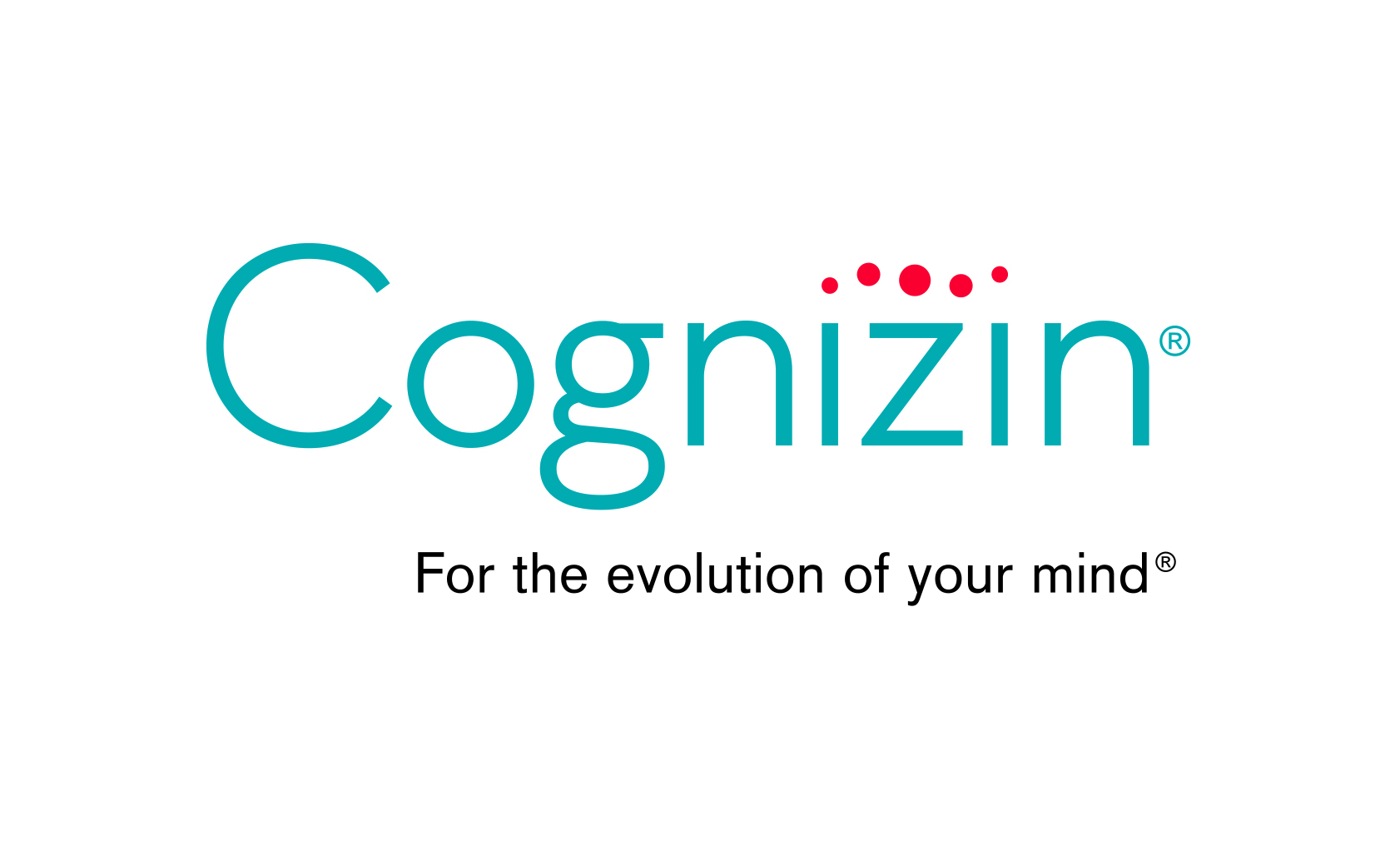



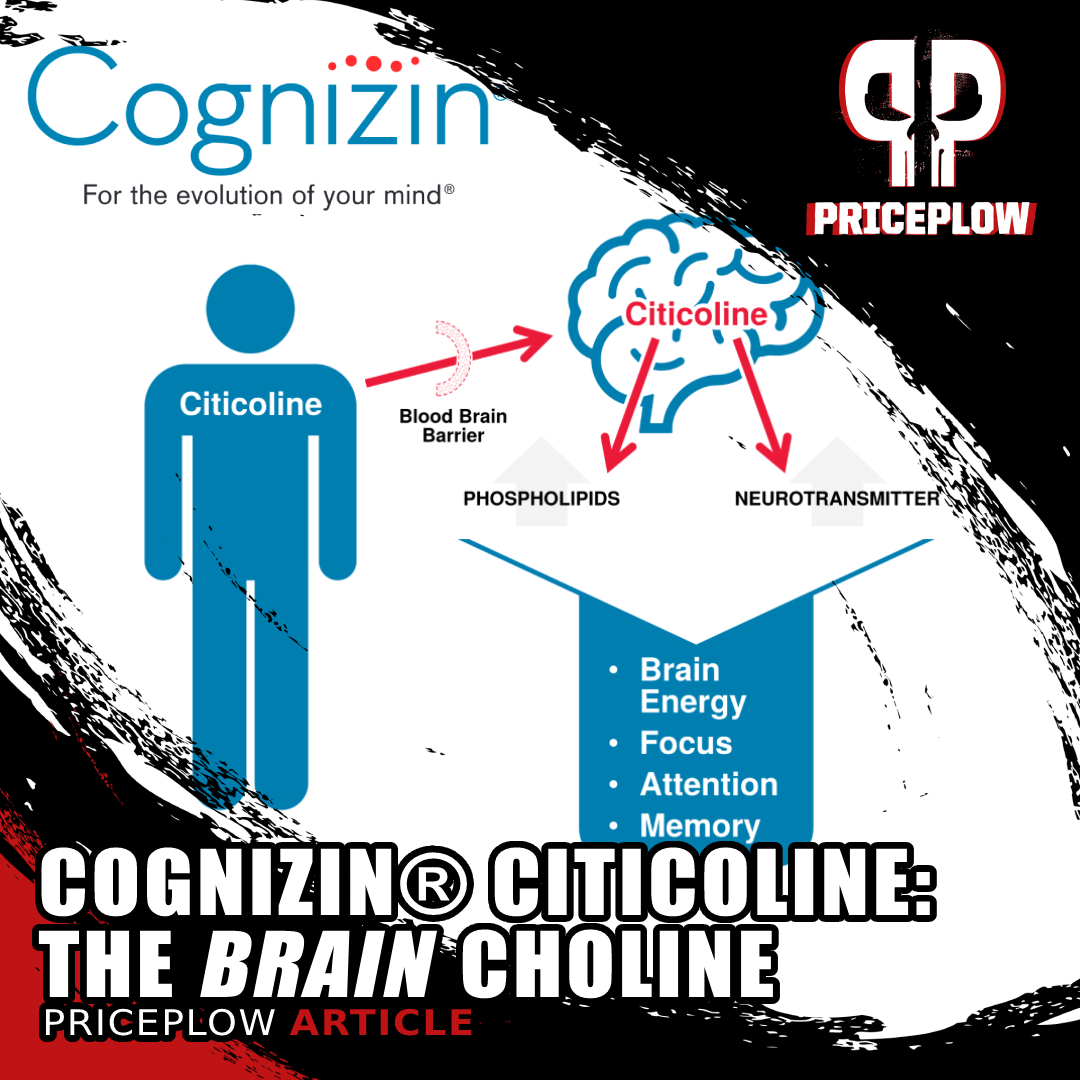

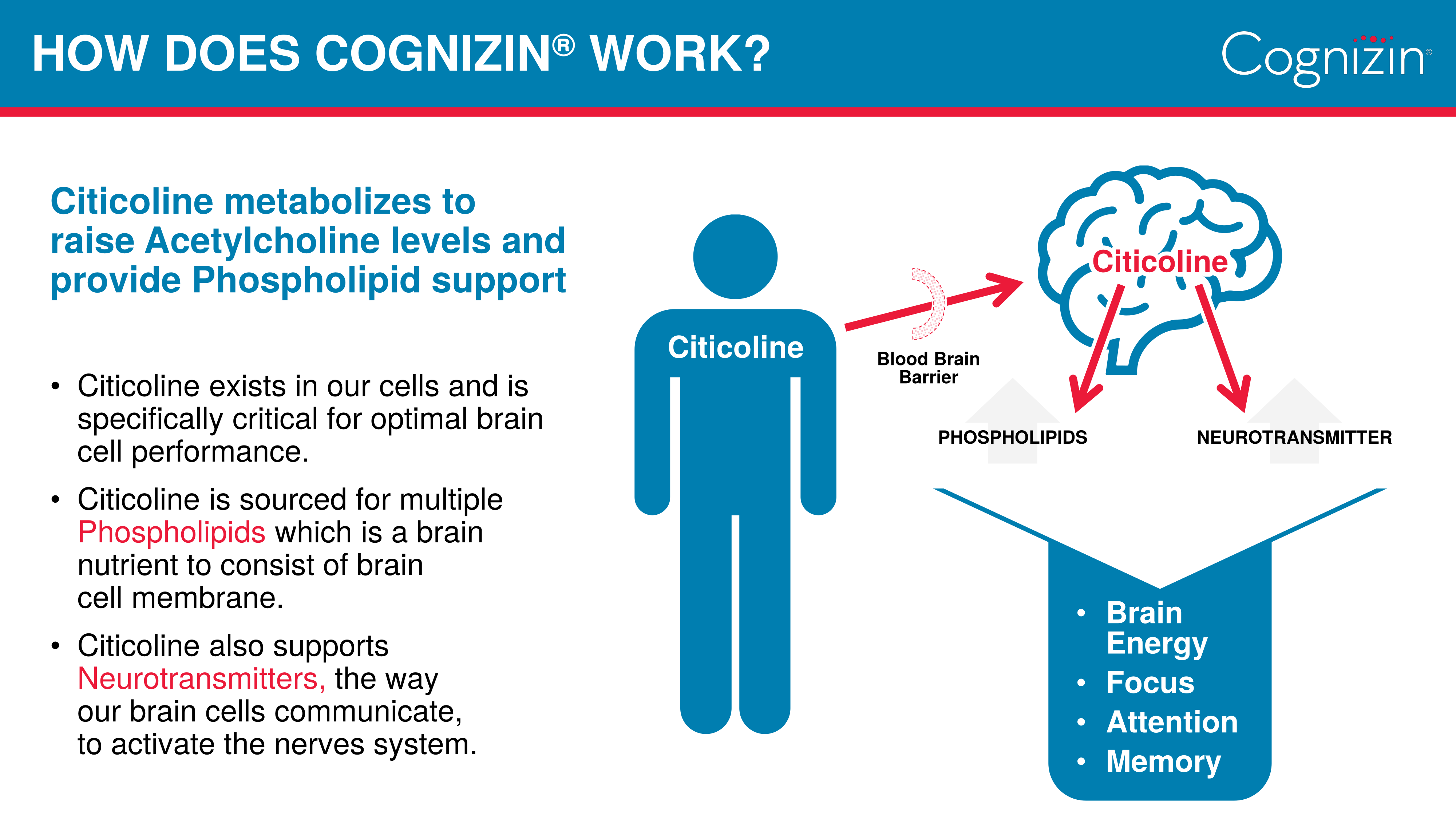
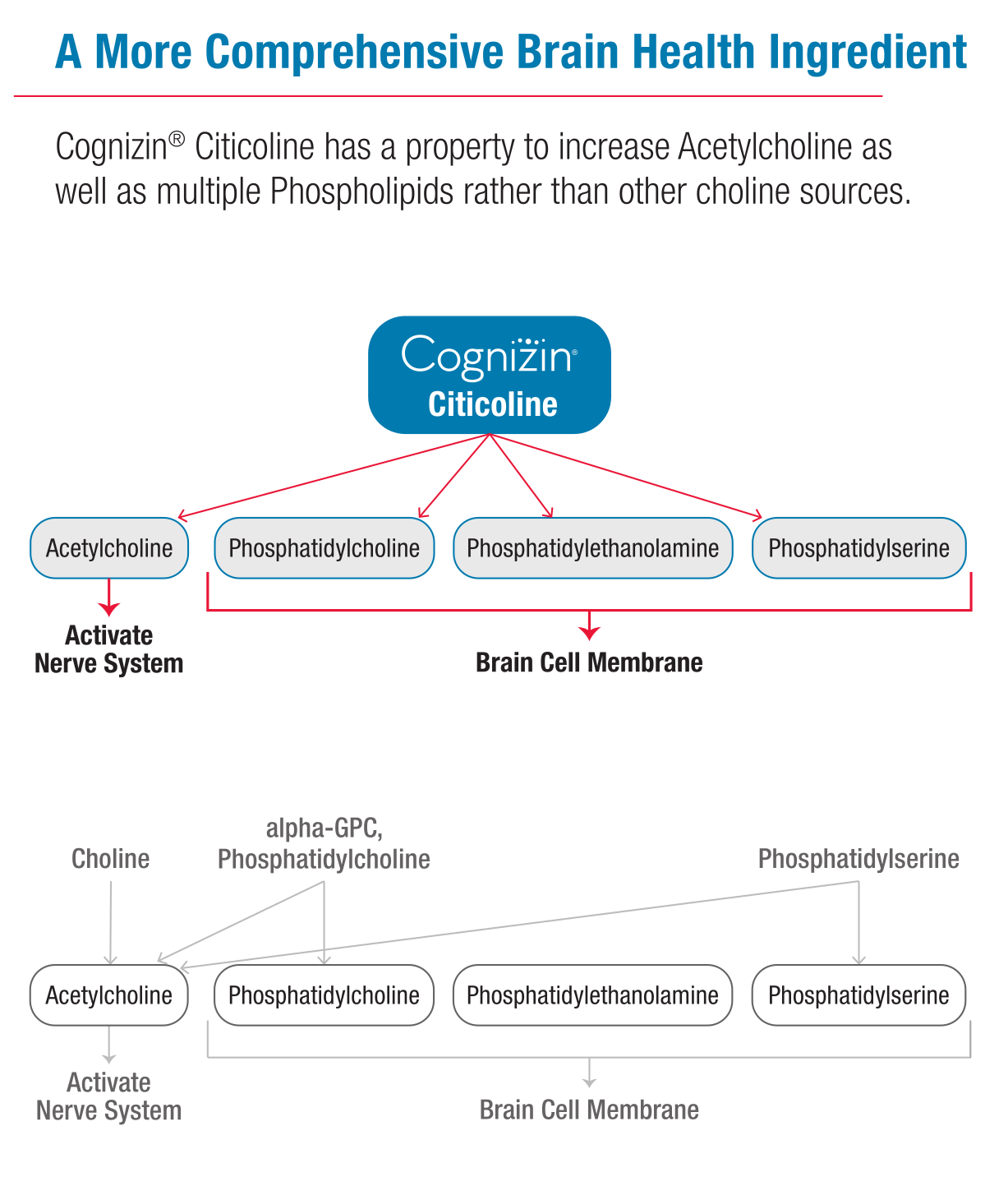
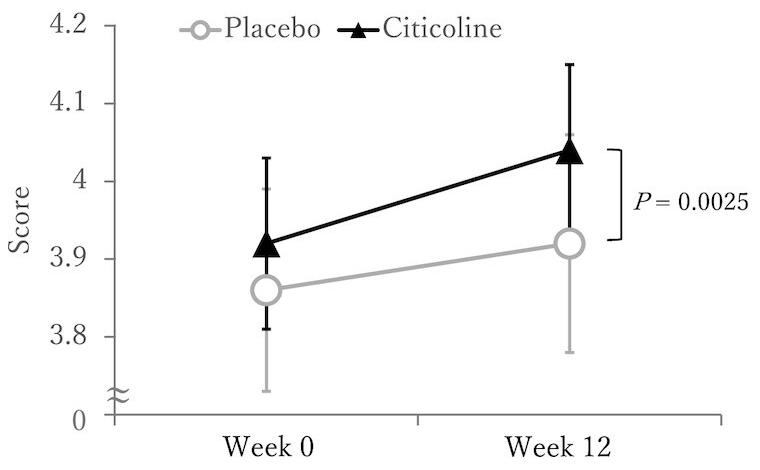
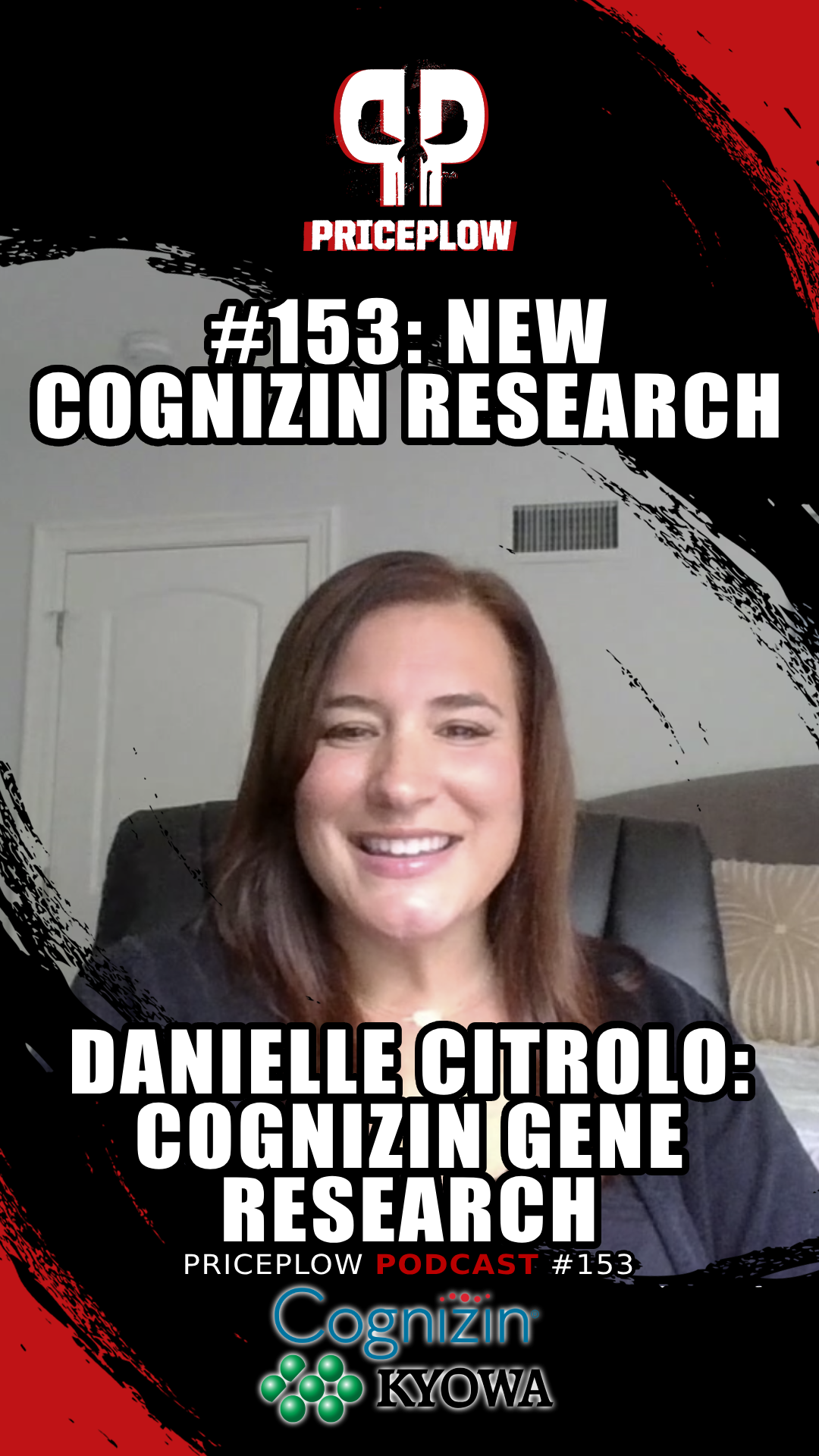


Comments and Discussion (Powered by the PricePlow Forum)